New Research Sheds Light on Space’s Effects on Humans
Recent research highlights how even short space trips affect human health. Four civilians spent three days in space in September 2021, providing valuable data as more and more commercial space travel opportunities become available.
The mission, called Inspiration4, showed both physical and genetic changes in the crew, offering insights into space travel’s impact.
Cognitive and Immune System Changes
The Inspiration4 astronauts experienced minor declines in cognitive tests and stress-related immune system changes.

Source: Freepik
While these effects normalized after their return, they convey the need to monitor cognitive health in space. This research marks the first extensive study on a civilian space crew’s health.
Telomere Alterations
Space travel also affected the astronauts’ telomeres, DNA sequences protecting chromosomes. The telomeres lengthened during the mission but shortened after returning to Earth, with some becoming even shorter than before.
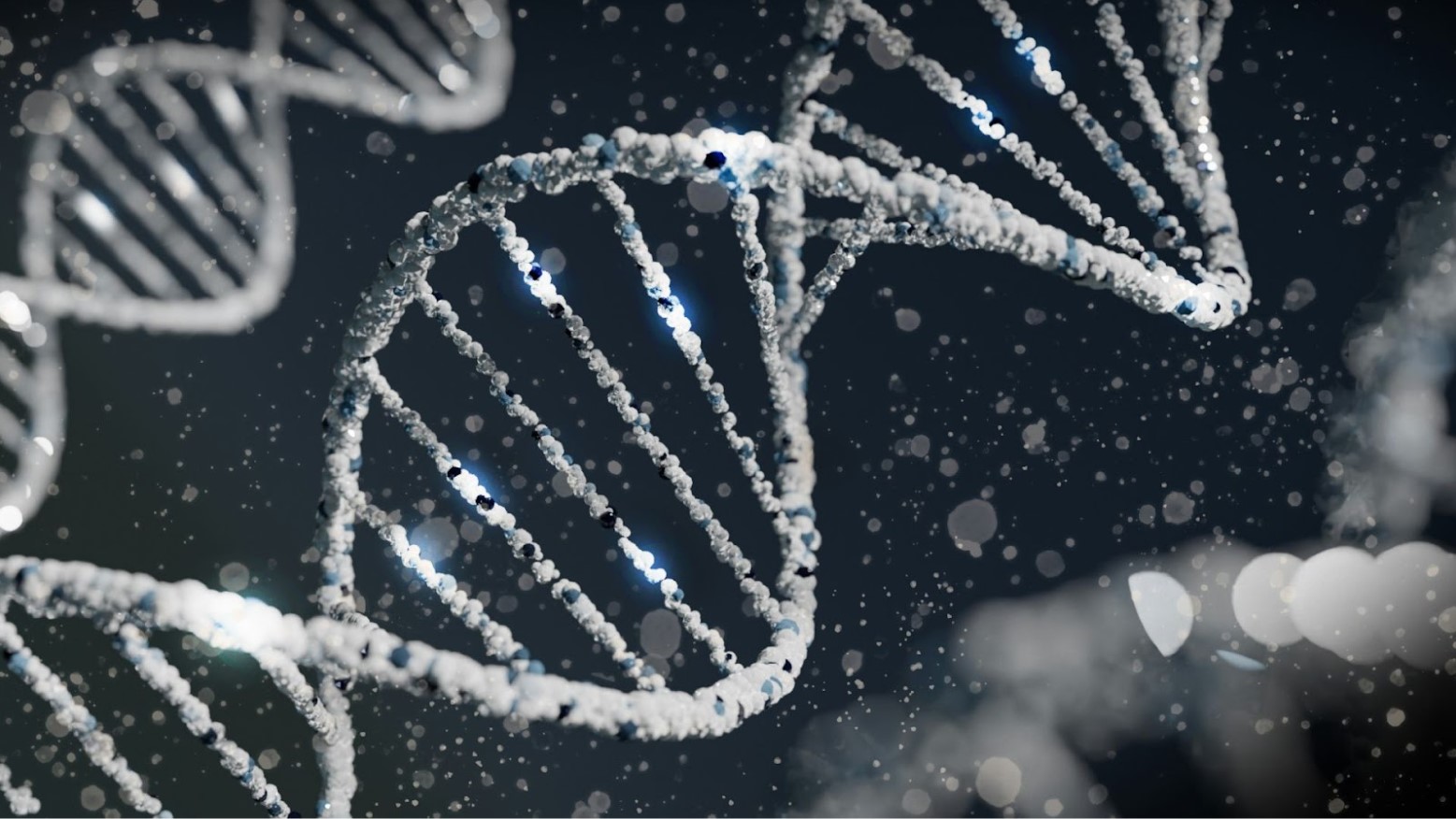
Source: Sangharsh Lohakare/Unsplash
This phenomenon indicates accelerated aging, a significant finding for future long-term space missions.
RNA Changes and High Altitude Connections
RNA changes corresponding to telomeres were also noted, similar to those seen in Mount Everest climbers.

Source: Britannica
This suggests that radiation exposure at high altitudes and in space affects genetic material, rather than weightlessness alone. These findings provide a new perspective on space radiation’s impact.
Kidney Health Concerns
Molecular changes in the astronauts’ kidneys could indicate a risk of kidney stone formation.

Source: National Cancer institute/Unsplash
While not an immediate concern for short missions, this could pose serious problems for longer journeys, such as trips to Mars. Identifying this risk allows for the development of preventive measures.
The Role of SOMA
The Space Omics and Medical Atlas (SOMA) collects data from various space missions, including Inspiration4. This online archive aims to enhance understanding of spaceflight’s effects on diverse populations.

Source: Freepik
By including data from both private citizens and professional astronauts, SOMA offers a broader perspective on space health.
Comparing Short-Term and Long-Term Effects
The wealth of data from different missions allows scientists to compare short-term and long-term spaceflight effects.
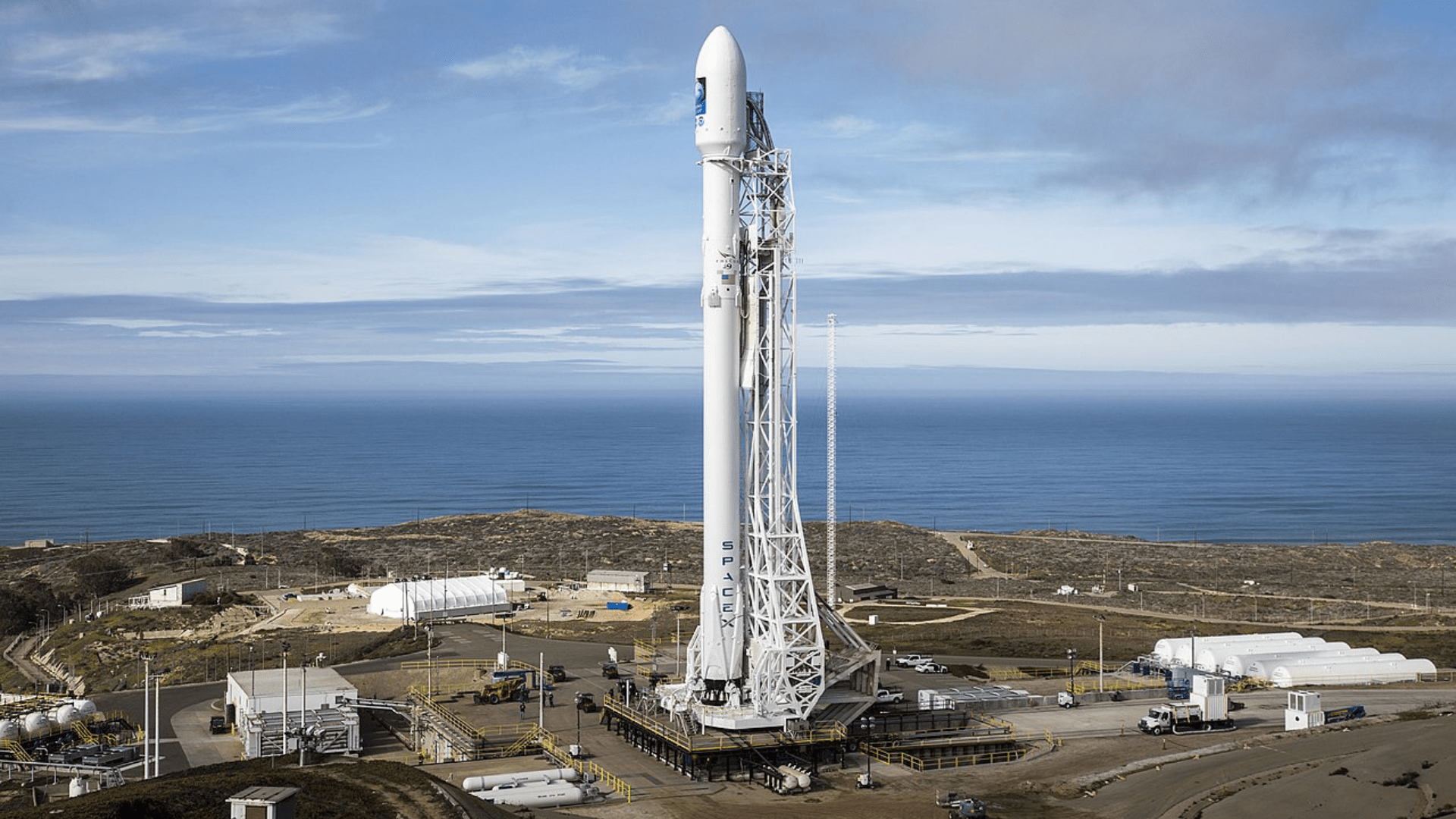
Source: SpaceX/Wikimedia Commons
For instance, Scott Kelly’s year-long mission showed similar telomere changes as the Inspiration4 crew, highlighting consistent patterns in space-related aging processes.
The Importance of Diverse Data
With more private citizens traveling to space, SOMA is expected to expand its dataset.

Source: Wikimedia
This diverse information will help develop personalized treatments to mitigate spaceflight’s adverse effects, benefiting a wider range of future astronauts.
Expert Insights
Christopher Mason, a genomics professor and research leader, emphasized the significance of these findings.

Source: Wikimedia
He described the Inspiration4 study as “the most in-depth examination we’ve ever had of a crew,” praising the mission’s contribution to space health research.
Potential Treatments for Space-Related Health Issues
Understanding the health impacts of space travel allows researchers to develop treatments for potential issues.
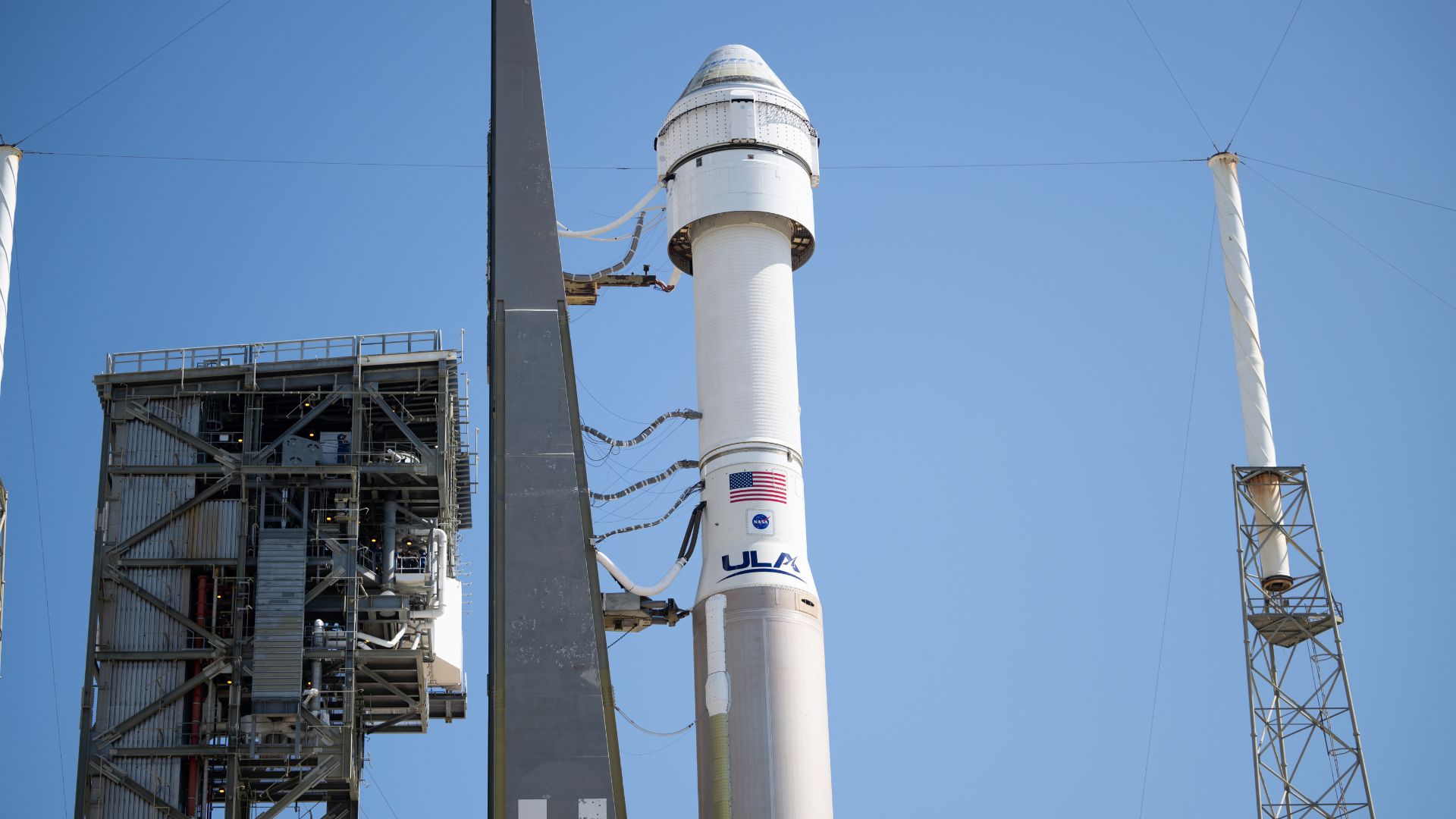
Source: NASA/Joel Kowsky/Wikimedia Commons
For example, knowing the risk of kidney stones enables the creation of preventive strategies, ensuring the safety of astronauts on longer missions.
The Future of Space Travel
As space travel becomes more accessible, comprehensive health research is crucial.
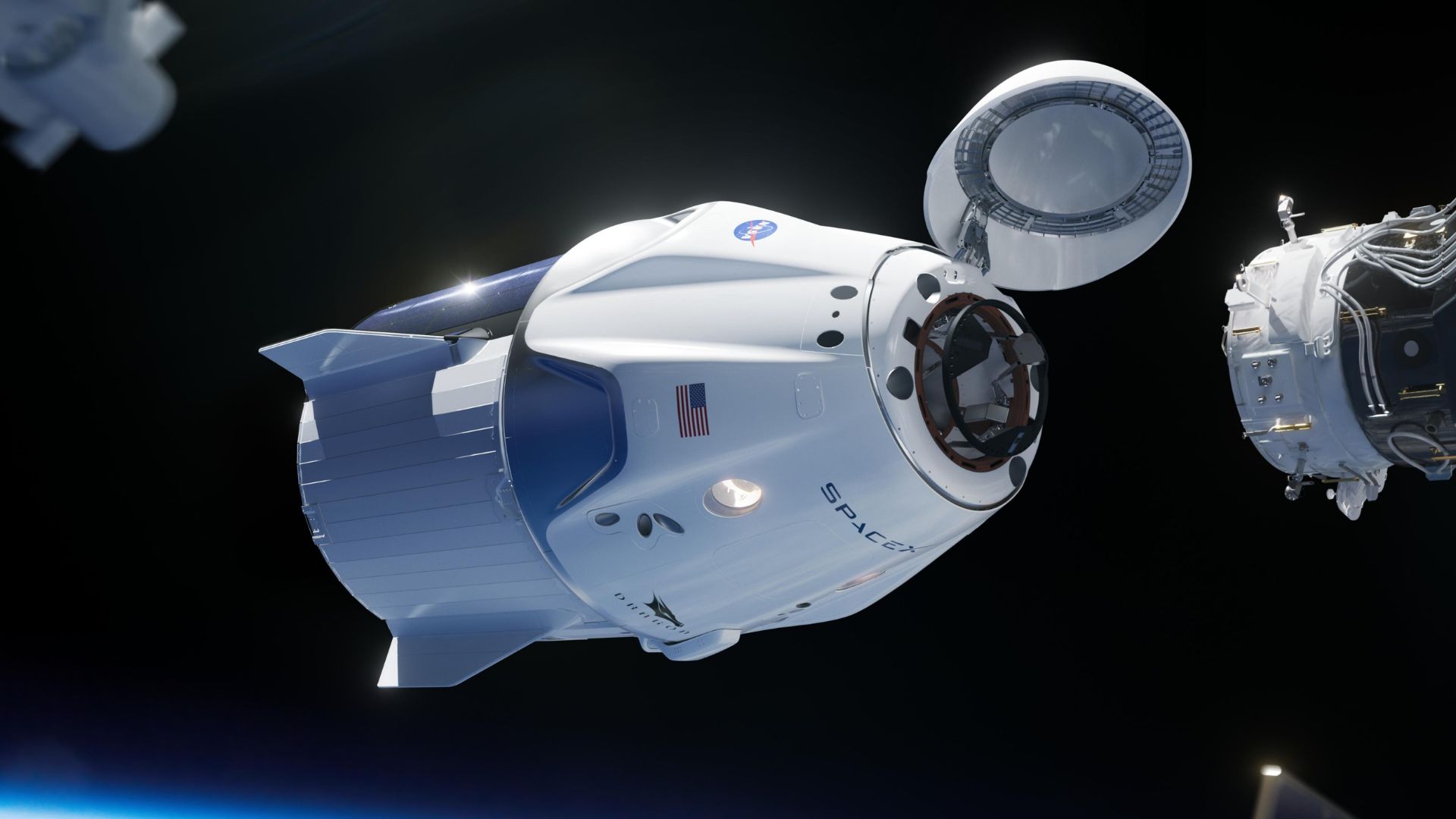
Source: NASA/SpaceX/Wikimedia Commons
The findings from the Inspiration4 mission and other studies will help ensure that future space travelers are well-prepared for the unique challenges of spaceflight.
The Ongoing Journey
The ongoing research into space’s effects on human health is vital for the future of space exploration.
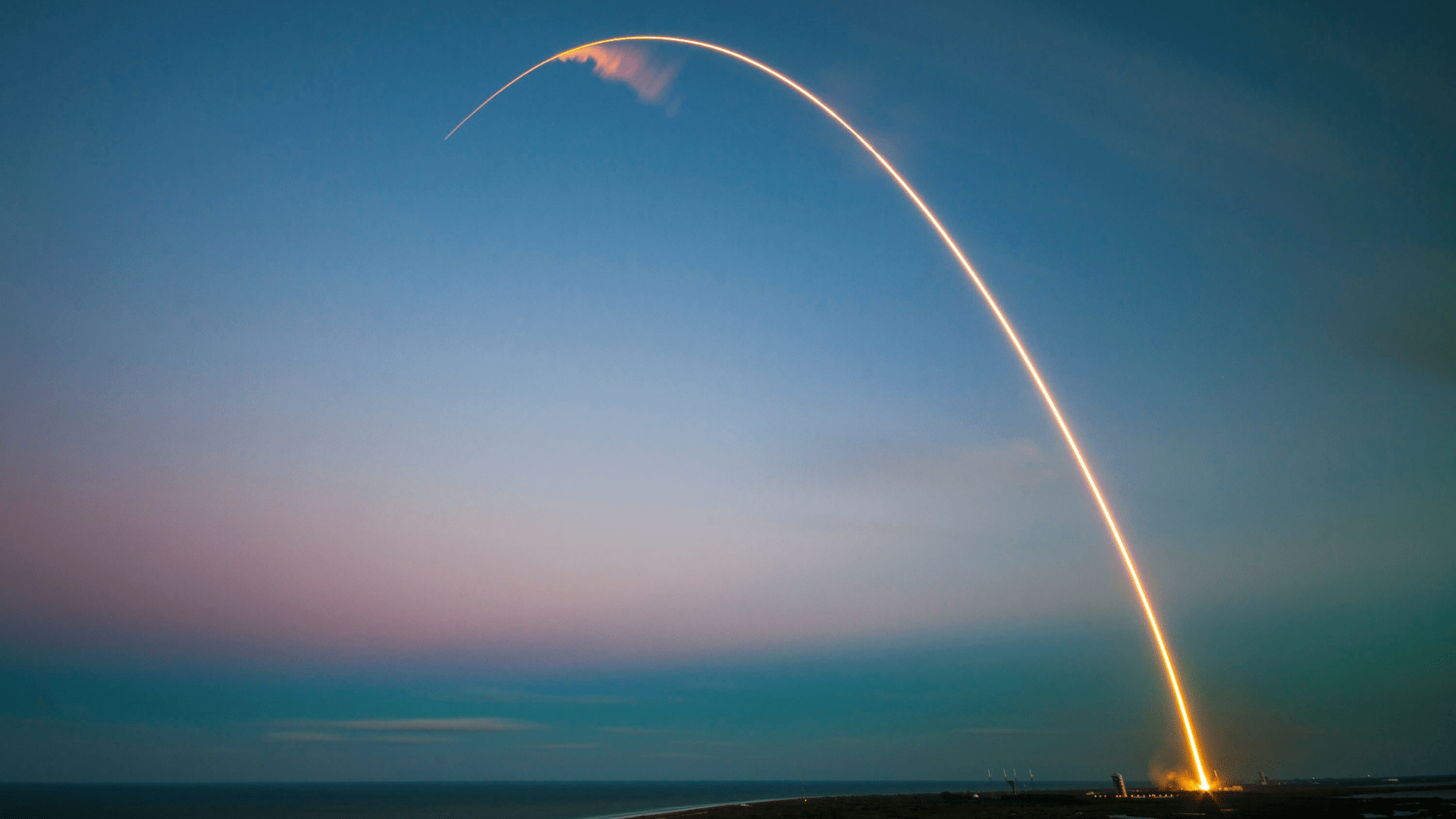
SpaceX/Unsplash
By studying the experiences of both professional astronauts and private citizens, scientists can develop better strategies to protect astronauts, making space travel safer and more sustainable.
